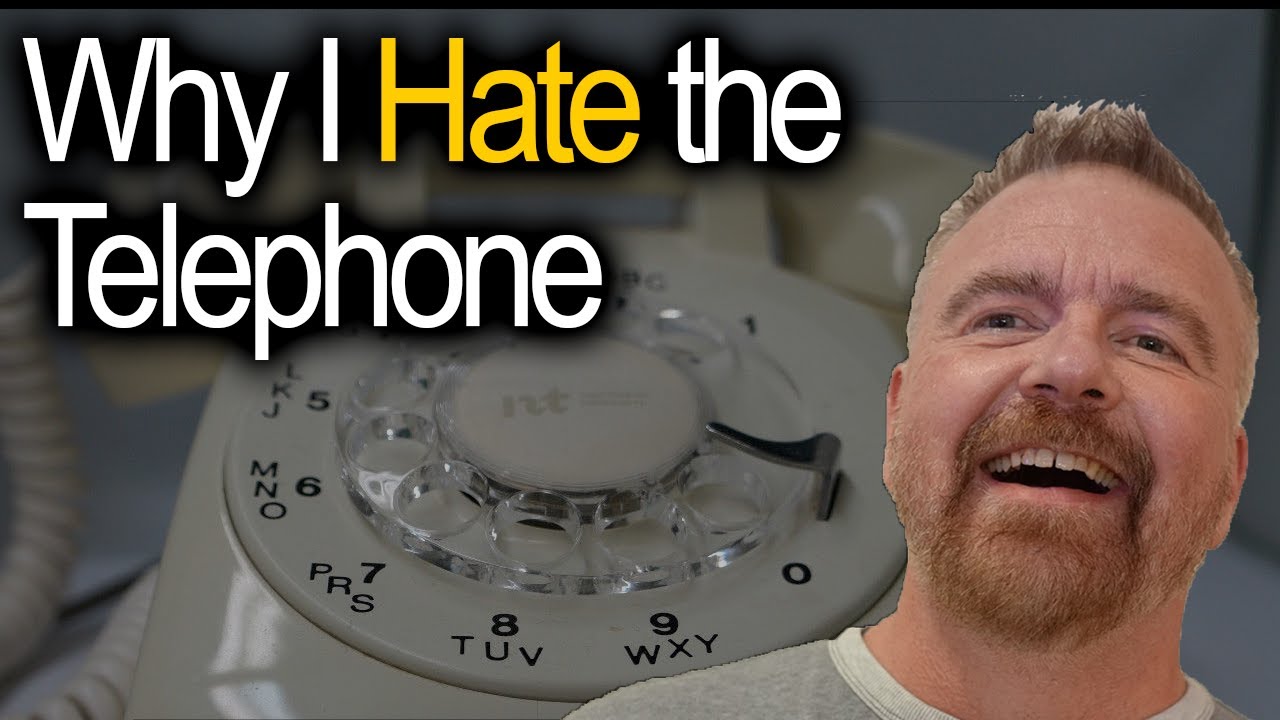Dave explains how and why people on the spectrum often have difficulty with or simply dislike talking on the telephone vs communicating in person.
For me, the quality of the Audio makes all the difference. Plain Old Telephone (POTs) is utter garbage and I miss so much to my audio processing issues. The VoLTE and Wifi calling quality is often far and away better and I can better understand the subtleties of whats being communicated.
Wi-Fi calling when the other party has it too is like being in the same room as the person, which has eliminated one reason I hate the phone.
The tech itself won’t stop the anxiety of talking to another human being though. At least aurally.
I kinda prefer the phone sometimes, it feels more certain.
I hate watching videos though too when I can just read instead.
Is it the anxiety of phone calls in general, and the lack of visual clues?
That’s not a bash OP, I just don’t care for videos and I hate Google.
a TL;DR from my own interpretation:
- Dave (the person making the video) feels uncomfortable; ‘even talking to my wife on the phone somehow feels stilted, remote, and disconnected’
- Dave talks about other reasons, like struggling to initiate or accept a phone call, that people with ASD might dislike phone calls
- Dave also struggles with figuring out who is supposed to be talking / whose turn it is, especially due to a lack of cues that can be used to identify that
- Another thing mentioned is how the fact that these cues are missing can also lead to misunderstandings. When someone asks a question and expects an immediate response (e.g “I think that…”), if you take a moment to reply the other end might think you disagree with them.
- He also talks about many cues that can imply different things explicitly, like volume, pitch or tone of voice, as well as pauses, pacing or changes in intonation.
Edit: whoops I left a bulletpoint dangling there
Thank you very much
You’re welcome! <3
On top of all of these reasons, telephones are pretty painful sensorially for me. The distortion caused by telephony companies performing lossy compression on the audio leads to some truly painful sounds coming out of it and it’s very difficult to even process what someone is saying. We live in 2024 but phone call audio quality sounds like we’re back in the 1800s
Lol. That was my reaction too. “Oh, shit, it’s a video - close”.
My issue with videos is that they are too slow for relaying information. I’ll be ok with it if there would be a two-sentence summary, after reading which I could decide if I want to watch it.
I suspect so that video says it’s that phone calls don’t relay the body language and that makes it more difficult to understand.







